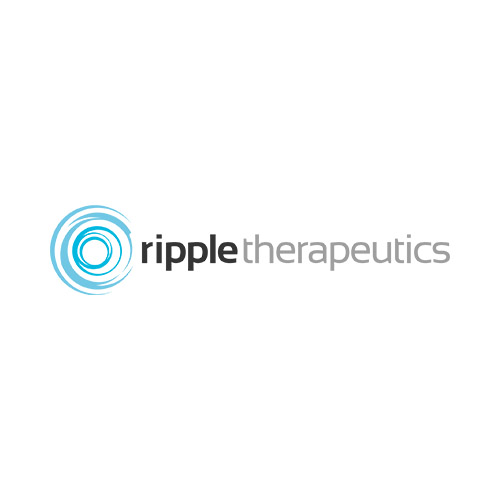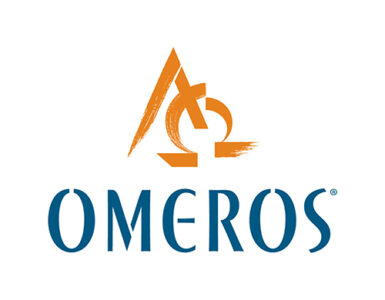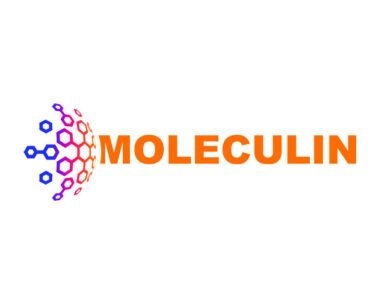
Closely-held Ripple Therapeutics signed an exclusive licensing agreement for the Chinese rights to its lead product, IBE-814, with CS Pharmaceuticals, a British-based company focused on the development and commercialization of rare disease and ophthalmology products in China. CS has offices in Beijing and Shanghai.
Ripple’s first program, IBE-814 IVT, is an intravitreal dexamethasone prodrug implant targeting diabetic macular edema (DME) and retinal vein occlusion (RVO). RIPPLE-1, a Phase 2 trial evaluating IBE-814 IVT, in currently underway in Australia, New Zealand, Hong Kong and Canada, with 52 patients treated to date.
In December 2020, Ripple signed a licensing agreement for North America and Europe with Théa Open Innovation, a unit of Laboratoires Théa, the leading independent ophthalmology pharmaceutical company in Europe.
“We’re excited about the clinical results with IBE-814 IVT and the signing of this licensing agreement for China is testament to the commercial potential of this product,” Tom Reeves, president and CEO of Ripple, said in a statement.
“We’ve been impressed by the CS management team and their deep understanding of and experience with the clinical, regulatory and commercial requirements in China,” he added. “We look forward to working with them to bring this product to market to provide Chinese patients with a safe and effective treatment for DME and RVO.”
Darren Mercer, CS’ chief executive, said the CS team of dedicated market access, commercial, medical and compliance experts, is excited at the prospect of working with Ripple to develop and launch this important product.
“Completing this transaction further validates our unique business model, focused on bringing innovative rare disease and ophthalmology medicines to Chinese patients, to address the significant unmet medical needs in this rapidly growing market,” he added.
Ripple’s Epidel technology platform is founded on a discovery that drugs can be engineered into controlled-release pharmaceuticals without the use of polymers or excipients. The proprietary prodrugs have unique properties that allow them to be processed into standalone drug delivery implants, such as intravitreal implants and micro/nanoparticles, or as coatings on medical devices.






